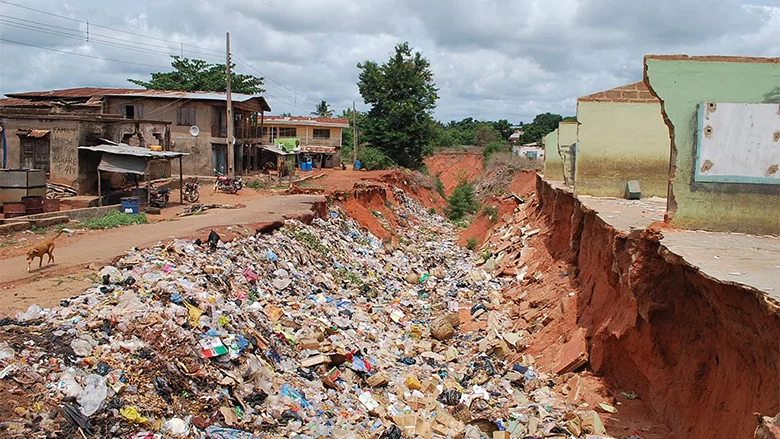Breathless Horizon: Unveiling the environmental and health peril of energy practices in Enugu, Anambra and Ebonyi states
By Chioma Emma
The looming environmental and public health hazard in Enugu, Anambra, and Ebonyi States in Nigeria, is no longer news. This current narrative unfolds against a backdrop of inefficient energy practices and rampant pollution, where the reliance on fossil fuels and outdated energy infrastructure has given rise to a crisis that extends beyond borders. This climate change story bears more light on the extent of environmental and health hazards gripping these states, and an urgent need for a collective call to action for a sustainable future.
These states, like many other parts of Nigeria, have long relied on fossil fuels for energy. The extraction and burning of these fuels release a toxic cocktail of pollutants into the air, including particulate matter, sulfur dioxide, and nitrogen oxides. The consequence is a thick veil of contamination that envelops urban and rural areas alike, impacting the respiratory health of community members. Compounding the issue is the outdated energy infrastructure, a relic of bygone eras. Dilapidated power plants and inefficient distribution systems contribute not only to energy shortages but also to the release of pollutants into the air and water. The once-pristine landscapes bear the scars of a development model that prioritizes short-term gains over long-term sustainability.
As the energy narrative unfolds, the contamination extends beyond the air to the waterways. Industrial discharges, agricultural runoff, and improper waste disposal have turned once-vibrant rivers into conduits of pollution making it hard for fishermen to thrive. The health of aquatic ecosystems is compromised, affecting both biodiversity and the communities that depend on these water sources. The poisoned waters become a source of peril for the communities dependent on them. Waterborne diseases proliferate, and the long-term health impacts of exposure to pollutants become evident. The cycle of contaminated water leads to a silent health crisis, affecting the most vulnerable members of society.
As the story reaches its crescendo, a glimmer of hope emerges on the horizon. The urgent need for a transition to renewable energy takes center stage. Solar, wind, and hydropower present sustainable alternatives that can power the future without compromising the health of the environment and its inhabitants. The narrative shifts towards the necessity for stringent pollution control measures. Implementing and enforcing regulations that limit emissions and industrial discharges become crucial steps in the journey toward cleaner air and water. The adoption of green technologies and sustainable practices becomes a clarion call for industries and communities alike. The transformational power of sustainable urban planning becomes evident. The need for resilient, eco-friendly infrastructure that prioritizes public health and environmental preservation takes precedence. Green spaces, efficient waste management, and accessible public transportation become integral components of a vision for sustainable urban development.
In the end of this climate change story, Enugu, Anambra, and Ebonyi States stand at a crossroads. The path ahead is uncertain, but the narrative calls for a collective determination to rewrite the future. The adoption of renewable energy, stringent pollution control measures, and sustainable urban planning are not just imperatives; they are the keystones of a healthier, more resilient future.
This story echoes beyond borders, resonating with international standards for environmental stewardship and public health. It serves as a reminder that the choices made today in regions like Enugu, Anambra, and Ebonyi have far-reaching consequences, shaping not just the local landscape but contributing to the global narrative of climate change and sustainability. In the face of environmental and health perils, the call to action becomes a universal anthem, inviting nations and communities worldwide to unite in the pursuit of a breath of fresh air and a healthier, sustainable future for all.
Photo Credit | Guardian

